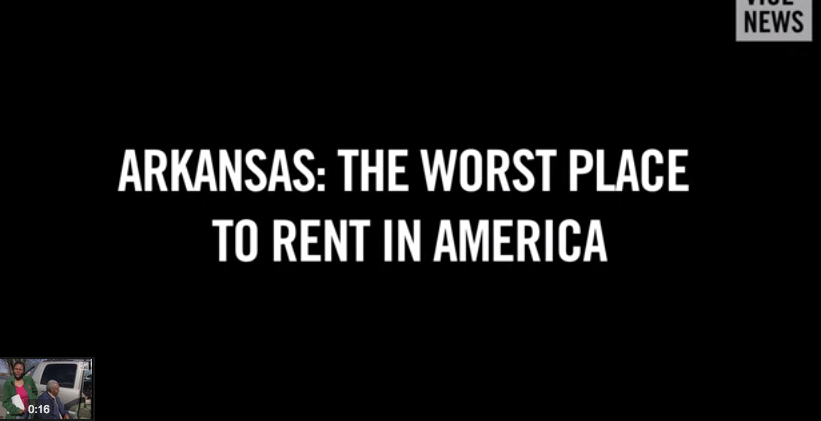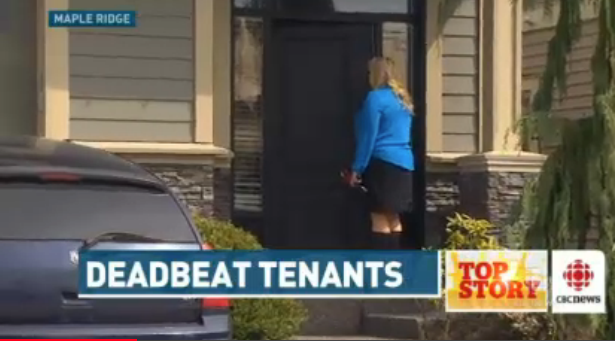It seems like you can do everything on the internet these days. Airbnb is and has been a wonderful way to make a bit of extra cash when it comes to renting out your home, cottage, or vacation property. Things can get a little dicey though, when you don’t own the property in question. In Quebec, you need to get your landlord’s approval first. The province’s rental board (Régie du logement) recently reached the decision when it ruled on a case involving a Montreal tenant who rented out his downtown condo to tourists on Airbnb.
The landlord rents the luxury one bedroom unit for $1,770 per month. After receiving numerous complaints related to transiency, smoking in hallways, and a general change of pace, the landlord determined the tenant was renting out his unit on Airbnb for more than double the rent he was paying. Landlord gets miffed. Increases the rent by $1000 a month. Tenant refuses said rent increase. Bad bing/bada boom – you’re in front of a judge.
The province handed down the landmark precedent setting decision in one fell swoop. The board ruled that tenants cannot rent out their apartment to tourists without getting the landlord’s approval first.
“The message that these lucrative sublets sends to landlords is that the value of the unit does not represent the value of the rental market,” the board concluded. “The frequency, the difficulty in verifying the identity of sub-tenants, the inherent risks … are all issues that can be raised,” the judgment read.
A cornerstone element of this decision was that the province felt that it was clear the dwelling was being rented out for commercial purposes, not residential, which is what the original lease itself was predicated on. The ruling indicated that tenants are required to get their landlord’s approval prior to doing anything on Airbnb, and that the landlord has 15 days to refuse if they don’t approve. The ruling also indicated that the landlord cannot spike rent because a tenant decides to list a unit on Airbnb, which in essence is encouragement by the province to get tenants and landlords to partake in a healthy meal of being reasonable and co-operative. All in all – tenants can’t do anything without clearing it by their landlord first. A logical ruling. Lastly – a tenant who lists their unit on a home-sharing site cannot charge more than the price of rent.
In an effort to be fair and balanced, Airbnb does provide some good tips for using their service, which include but are not limited to, maybe mentioning to your landlord that you’re sub leasing your place to strangers for an assumed profit. If you’re thinking about starting an Airbnb business on the back of your landlord, you might want to consider reading this paper by Lapointe Rosenstein Marchand Melançon.
Excellent work, Quebec! Supress the hustle.





